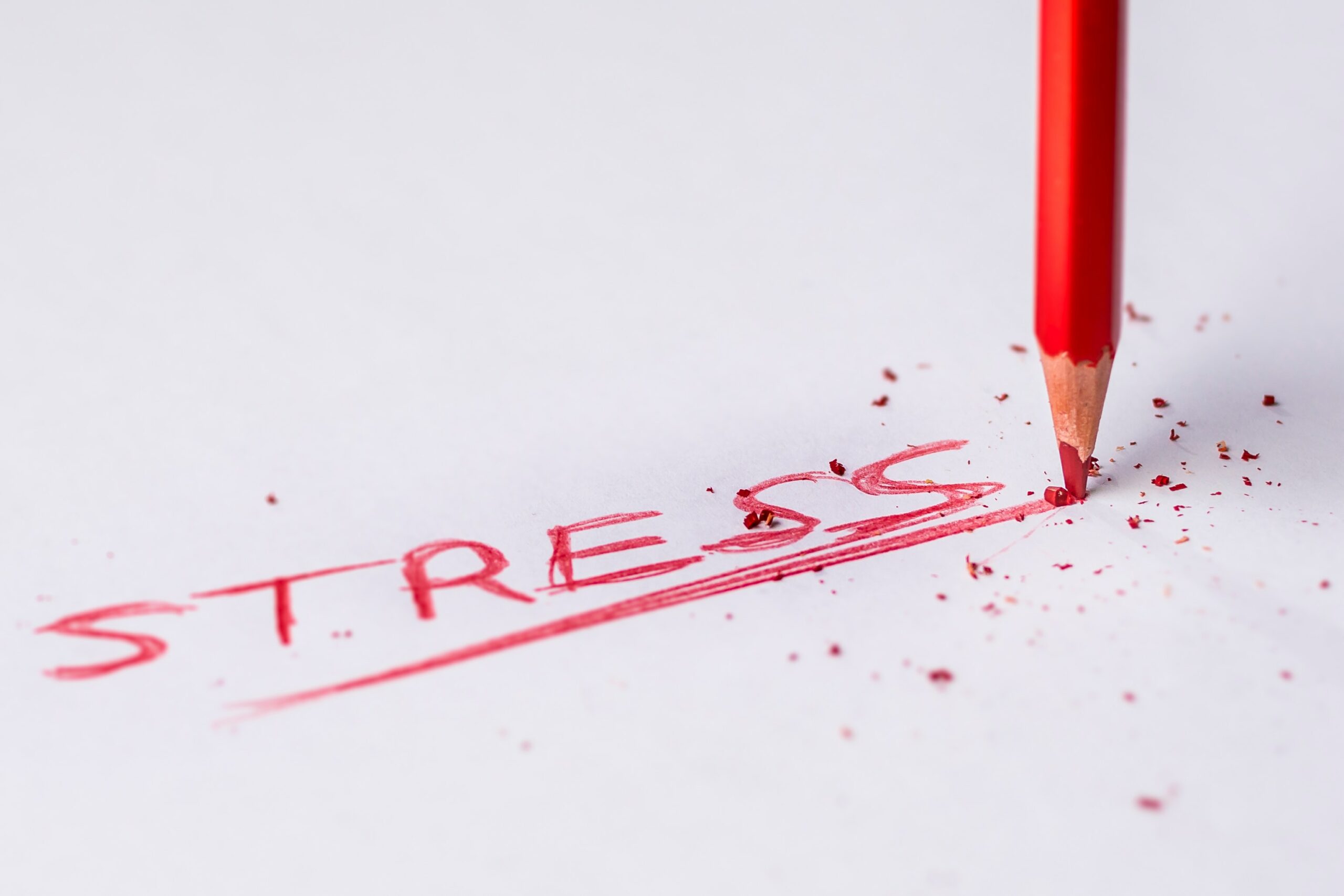What is Depression?
Depression is a common mental health concern that negatively impacts a person’s mood, thought process, behavior, physical state, and their ability to function effectively. Depression can be seen as experiencing a prolonged period of sadness or low mood that is persistent no matter the situation. While many people can feel low after a hard day or a significant loss, depression tends to affect people in a number of additional ways than when someone has a hard day or experiences grief.
No one thing in particular is believed to cause depression. In fact, studies have found that many factors may contribute to developing depression including: genetics, environmental stressors, and personality. Approximately one in six people will develop depression in their lifetime.
Source: American Psychiatric Association

What are symptoms of depression?
- Experiencing a consistently low mood, often feeling hopeless, or sad.
- Having low motivation, and or no longer feeling the same pleasure engaging in things you usually enjoy.
- Changes in sleep: trouble falling asleep, staying asleep, or sleeping much more than usual.
- Changes in appetite, sometimes resulting in changes in weight, that are unrelated to dieting.
- Loss of energy (fatigue).
- Feeling restless or physically slower than usual (to the point where others have noticed a change).
- Feeling badly about yourself, that you’re a let down, feeling worthless, or guilty.
- Unusual trouble with concentration and decision making.
- Thoughts of death, self harm, or suicide.
Source: American Psychiatric Association
How is depression diagnosed?
It can be challenging for someone to determine on their own if they are struggling with depression or not. If you have noticed that your low mood and the symptoms above have persisted for more than a few weeks, it might be time to consider treatment. Typically depression is diagnosed by either a therapist or other medical professional, such as your primary care doctor. This is done by assessing your symptoms compared to the diagnostic manual, called the DSM-5. Peak therapists are experienced in assessing for and recognizing depression symptoms. During your intake process you will have the opportunity to take assessments as well as talk through your history and symptom concerns with your intake therapist. This process will help your therapist identify if you are experiencing symptoms which meet the criteria for a depressive disorder.
Please keep in mind that diagnosis is a tool utilized by clinicians to help give a name to common experiences and symptoms, and is used to help plan effective depression treatment. If low mood or any of the symptoms listed above are impacting your life, working to manage these challenges together with your therapist can be a central part of your healing and treatment.
Treatment for Depression
Depending on your needs, and the style of your therapist, treatment can look different from person to person. That said, all Peak clinicians use evidence-based psychotherapy methods to help clients treat their depression. The various approaches of treatment, also known as treatment modalities, often selected to treat depression include: Acceptance and Commitment Therapy (ACT), Cognitive Behavioral Therapy (CBT), Motivational Interviewing (MI), and Dialectical Behavioral Therapy (DBT). Many of these treatment modalities share common themes, but approach the topics from different viewpoints. Thankfully, studies have shown that between 80-90% of people with depression will eventually respond well to treatment.
All of the methods above include encouraging the person to examine factors in their lives that may be contributing to their symptoms. Clinicians following these modalities will also likely encourage the client to look at the connections between their thoughts, the beliefs they have, their emotions, and their behavior.
If relationship or family concerns are significant factors in your current challenges, you may want to consider also engaging in couples or family counseling. We have a number of skilled therapists who specialize in working with couples and families that can also be a part of your treatment team.
Interested in learning more about medication management for depression? Please reach out to schedule with our on-staff psychiatrist.
Source: Mental Health VA, National Library of Medicine, and American Psychiatric Association
Depression Related Blogs



Therapists Who Treat Depression



